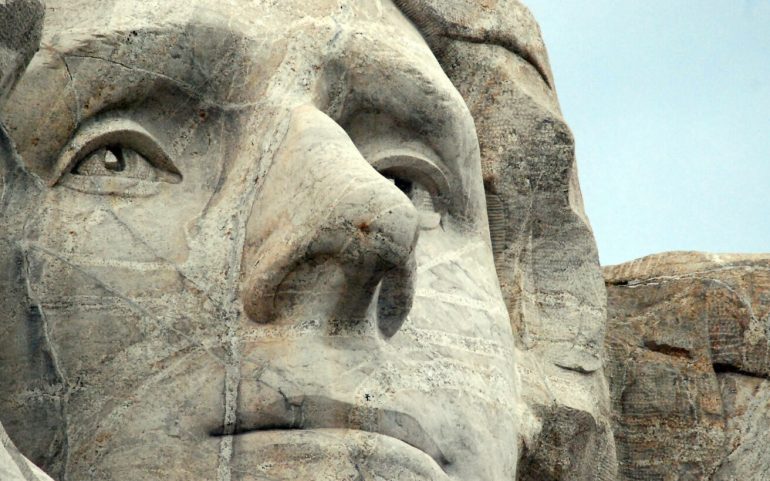Because Thomas Jefferson made his own version of it Of the Bible;
This is a question that has been hovering like a ghost over American politics for two centuries, without a convincing answer yet.
And there is probably no answer as to why it remains a highly controversial issue on the other side of the Atlantic, sparking fiery sabotage from the beginning.
A story that started in 1820 and has a lot to tell those who are willing to listen…
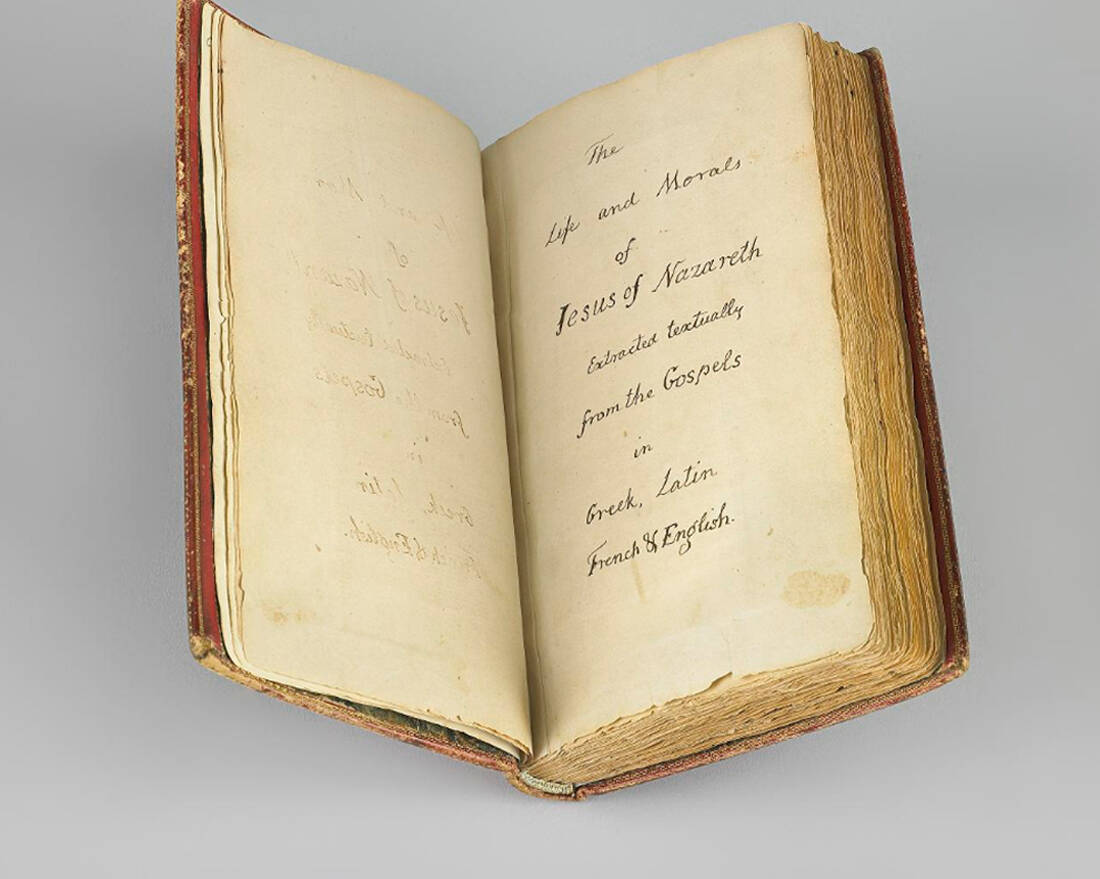
It is a fact that the great narratives of religious texts can hardly be separated from the stories being told. And yet, the father of the American nation tried to do just that, to remove from the Bible what is not in line with his direct teaching and spirit. Jesus.
"The Life and Morality of Jesus of Nazareth" is the official name of the book known as Jefferson Bible. 2020 marked exactly 200 years since its writing, although the term "writing" should be included here in quotation marks.
Jefferson wrote it you see with a razor. In other words, he used a razor to remove parts of 6 copies of the New Testament (2 in Greek and Latin, 2 in French and 2 in English) and to compose his own story.
His own story, however, does not contain miracles. You will not find anything transcendental or metaphysical in its just 86 pages. The Bible passages that are included in his version relate exclusively to the life and teachings of Jesus.
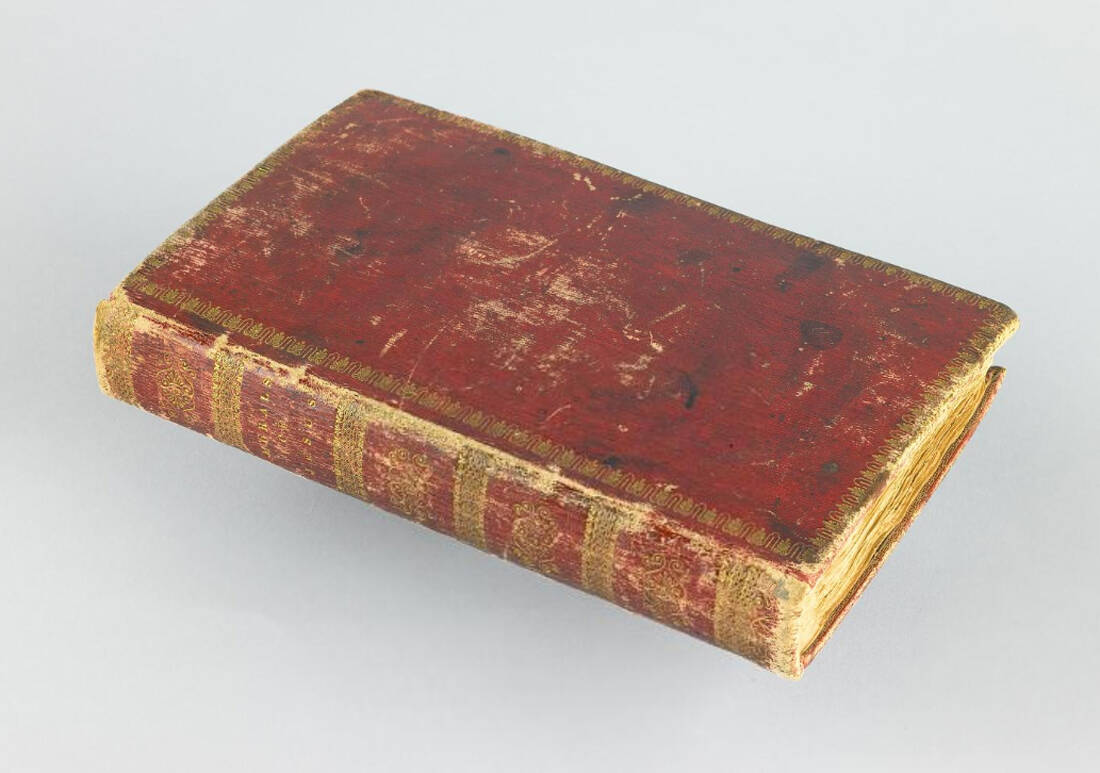
"The life and character of Jesus of Nazareth" was tied with red leather and is now housed in the National Museum of American History. In fact, the book remained completely forgotten during the first century of his life, until in 1904 he ordered Congress to publish it.
And for a century now it has been one of the texts that divides the world, as it leaves much room for misunderstandings. Jefferson wrote it in the fall of 1819 and the winter months of 1820, when he was 77 years old. And he had suffered all these years from harsh criticism of his religious views.
But now he was saying that the effort he went into to cut them Gospels, leaving only their central message, showed that he was essentially "a true Christian, a disciple of the teachings of Jesus."
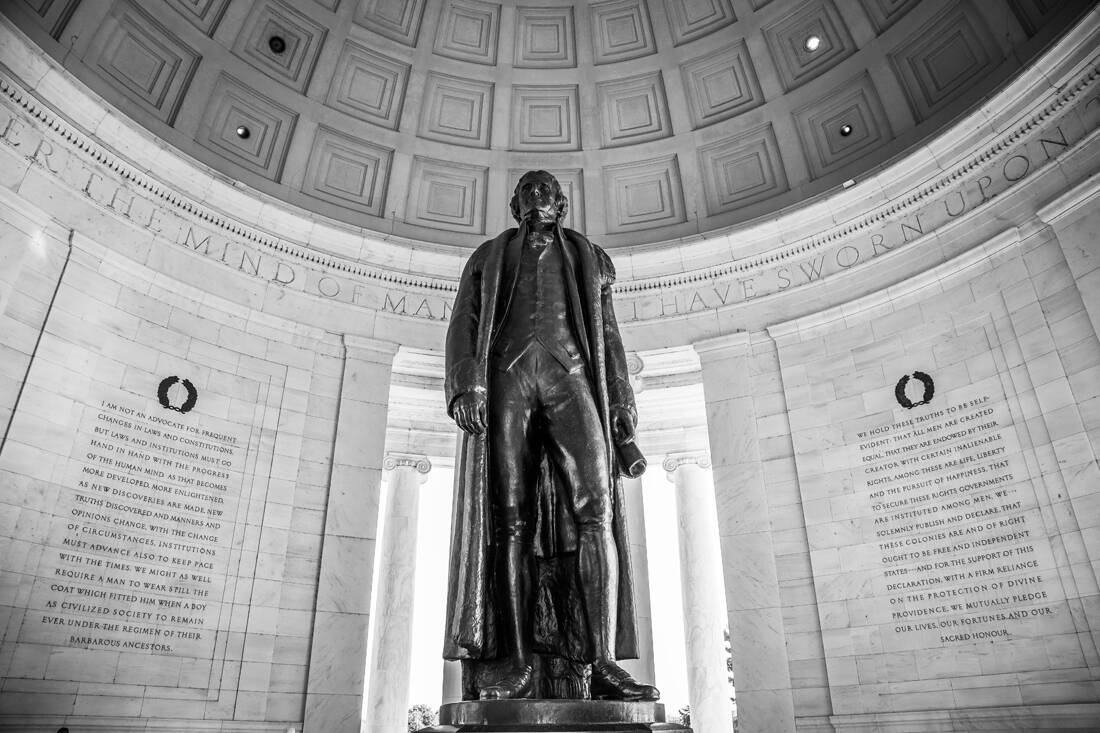
That is why he filtered the moral teaching of Jesus from miraculous events and metaphysical pursuits, things that he considered distractions from the true word of the Godman. Jefferson also declared himself a "theist", that is, he believed in a higher being, a Creator, but he rejected the divine nature of Jesus.
And so what he wanted was to distinguish the real message of his words from the subsequent additions of the apostles. With vehicle always logic…
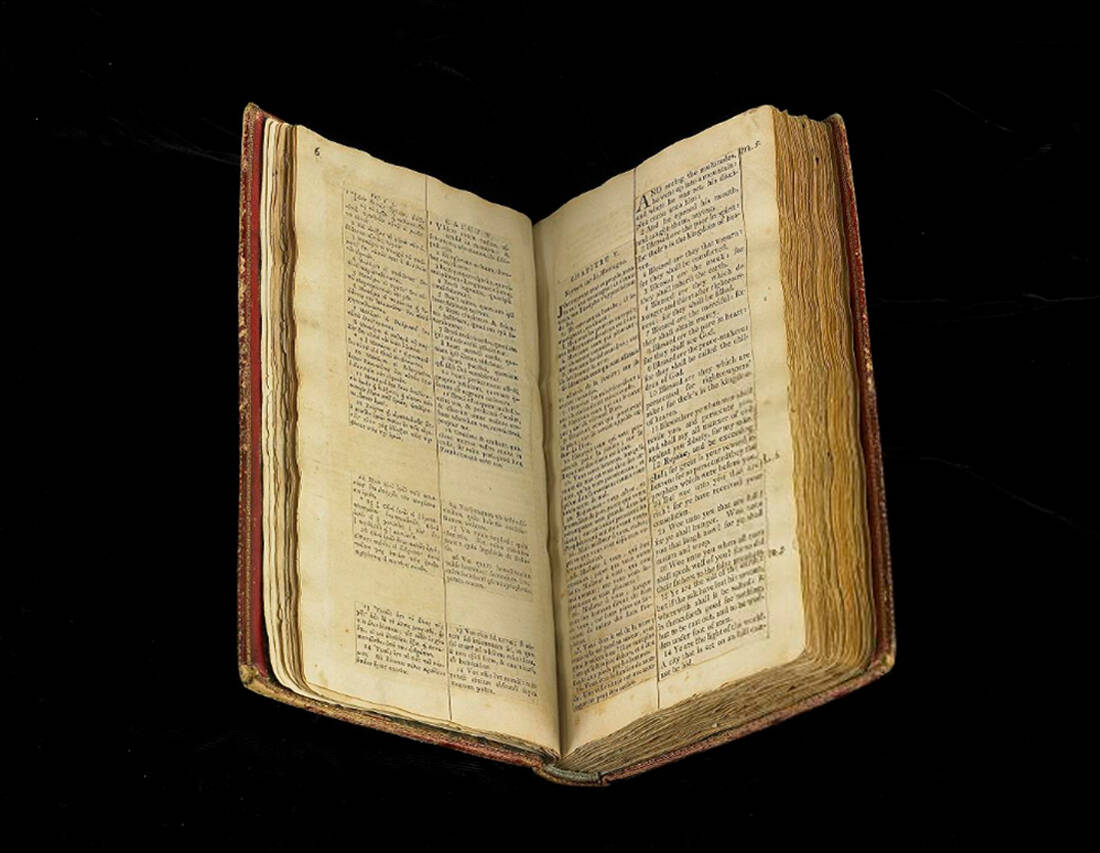
The third US president and lead author of the Declaration of Independence has prepared his own Bible for personal reading.
And it is certain that this stubborn summary of the Scriptures would remain forever unknown if it did not fall into the hands of people who had the knowledge, the interest, but also the connections to appreciate what they found.
The first was Cyrus Adler, the son of a Jewish businessman from Arkansas, who became a professor at Johns Hopkins University and went on to become one of the best American historians of his generation. Working for years as a religious adviser to a number of presidents USA.
Prior to that, he worked as a librarian for 20 years (1888-1908) at the Smithsonian Institution. At one point he was asked to collect samples of American religious culture.
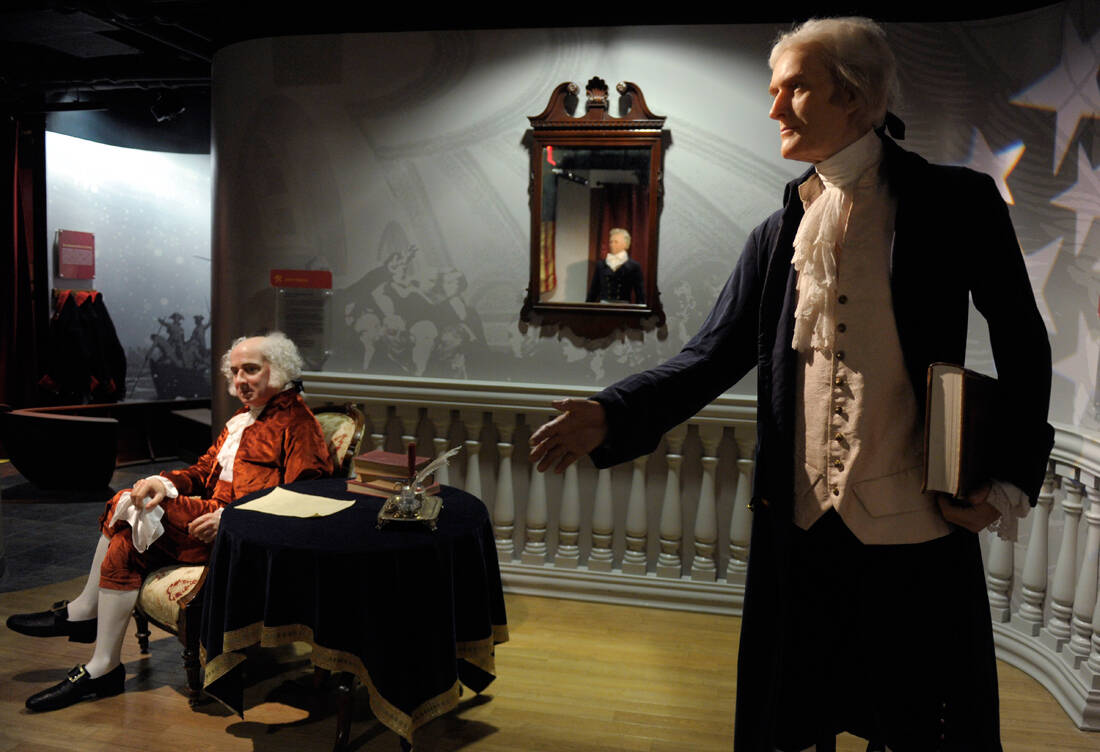
He then recalled two sliced English copies of the Bible he had found in a private library when he was doing his doctorate, which bore the note that they belonged to Thomas Jefferson.
Because of his position in the respected institution, he approached the Jefferson family and learned that when the former president's granddaughter died in 1892, he left all the books to her daughter, Carolina Ramsey Randolph.
After making a proposal that she could not refuse, "The Life and Morality of Jesus of Nazareth" joined the Smithsonian's permanent collection. Costing the foundation $ 400.
That's when Iowa politician John Fletcher Lacey enters the story, learning about Jefferson's Bible and searching for it. The Congress had bought all of Jefferson's work in 1815, except that the Bible was not among them.
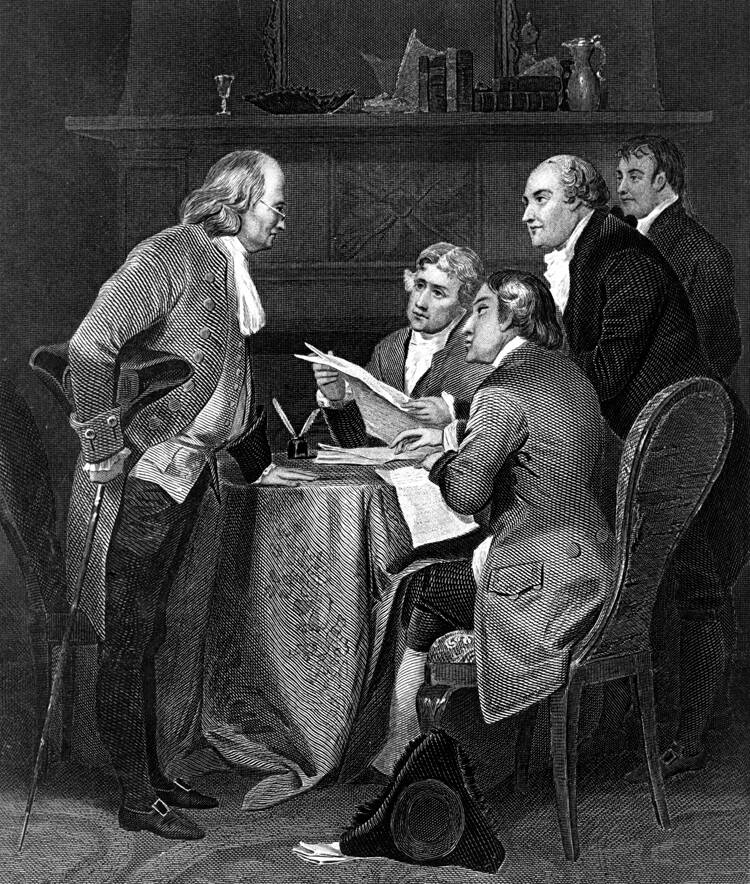
After contacting Adler and finally finding what he was looking for, he persuaded the relevant congressional committee to print the "heretical" text, as his opponents called it from the outset.
And he hardly convinced her is the truth, despite the fact that he was the one and only copy and bore the heavy signature of the father of the American nation!
Lacey's colleagues were very concerned about such a move, to be printed by Congress, a text that everyone knew would provoke popular outcry. The press has now entered the story, artificially reminding the public of Jefferson's religious views, causing a real pandemonium out of nowhere.
"Jefferson's so-called Bible is coming to cause trouble," his newspaper prophesied. Chicago. Why would most people ask, to print with a hot state money a blasphemous work that had been forgotten for 80 years?
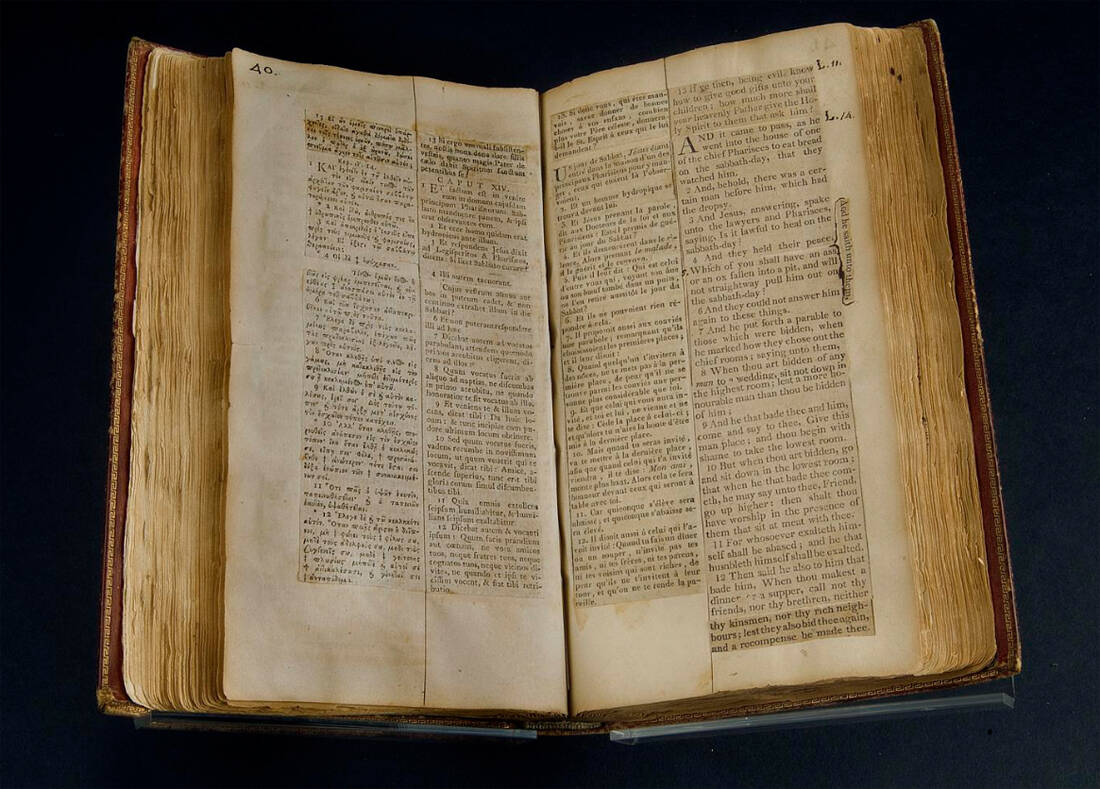
The priests of Christianity were made from the very first moment of the news that the book was to be printed with the strongest voices against it. All Christian denominations in America did not want it, unequivocally condemning it. Even if they had not yet seen any of the 9.000 copies that Congress would eventually make.
"Why should a Christian government," wondered a baptized priest, "print the Jefferson Bible, which - if presented correctly - is essentially a anti-Christian work? ".
Others more cool, such as the Presbyterians, demanded "more information before we formally condemn this book of the politician." In the final announcement, however, the view of the warm-blooded prevailed, describing the suffering as "a direct, public and strong blow to the Christian religion."
The "revised Bible", as it was called in dance, divided the clergy and the flock before it was even released. The war against its extradition was enormous and spread like a ghost over American society.
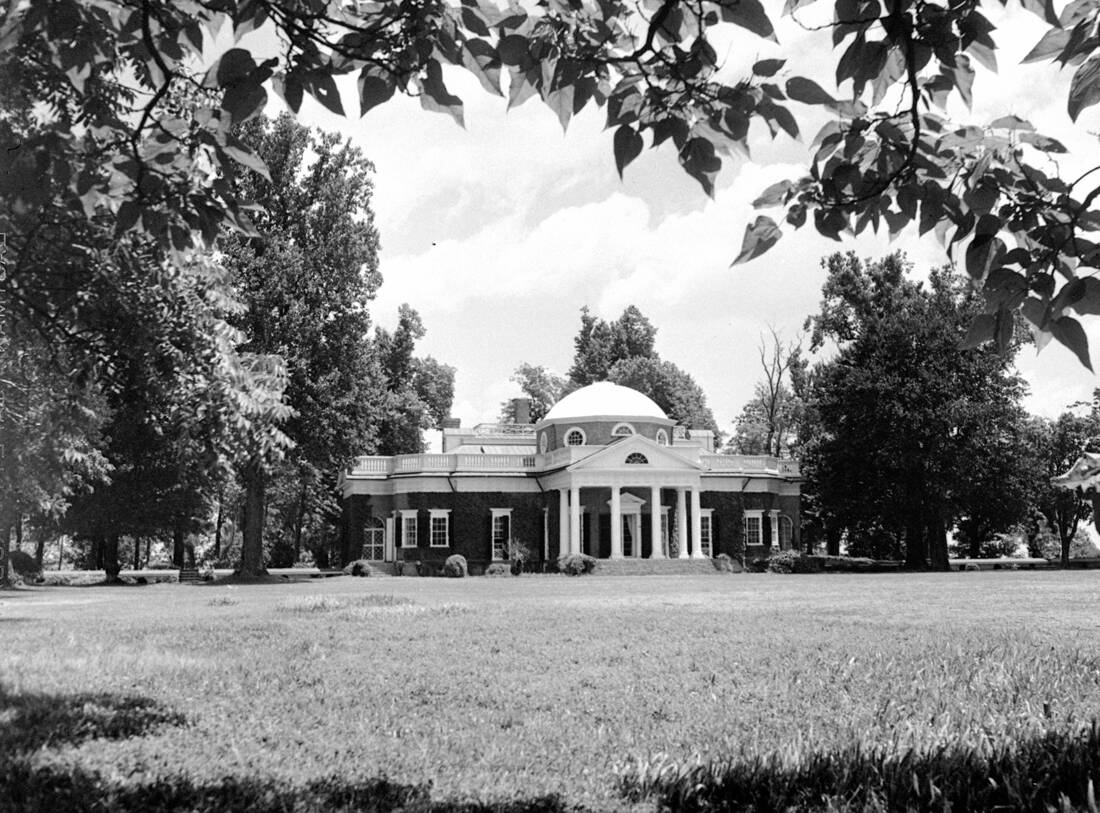
The publishers also entered the dance, wanting a piece of their own pie. "They hope to secure copyright for general sale," wrote Richmond Dispatch, "which is why they support the priests who are calling on Congress to reverse its intent."
Opposite both the religious and the publishing establishment, members of Congress found themselves in the vortex of a cyclone. For a decision that at first did not seem capable of creating a stir.
"Mr. Jefferson is being wrongly accused of this book "It should be made public as a last resort," said Joel Heatwole, chairman of the congressional editorial board.
Rushing to pour water on his wine, he said that the idea for the book was not the committee's, but came from "Gospel priests, on the one hand, and people interested in the memory of Thomas Jefferson, on the other. ».
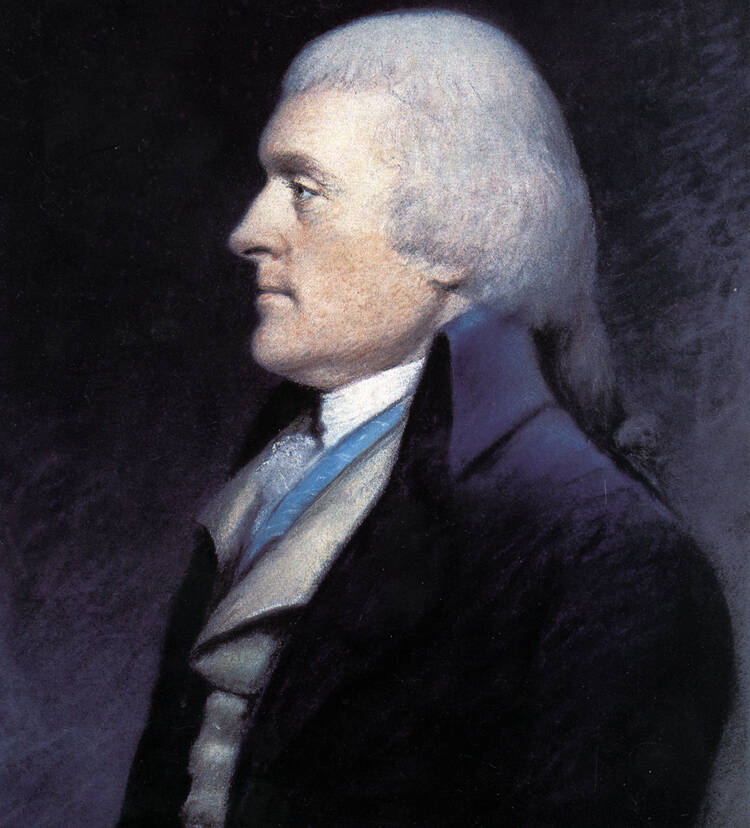
And at the end he said what was rarely said: "Not one of those who will examine this little book will finish reading without having a much better idea of the Savior's teaching."
Lacey himself listened to all this as much as he could. "There is not a single colon inside that is not contained in the Bible," he complained about the fact that Jefferson had not even put a party of his own.
The issue was debated in Congress for two weeks without a visible solution. And then Lacey did the folding he needed. He brought a new amendment for the release of the book not from State printing, but by private publishers. And now the publishers were on his side!
Not that the strategy was needed in the end. Congress decided to publish "Life and Morality of Jesus of Nazareth" at state expense, planning its release for 1904.
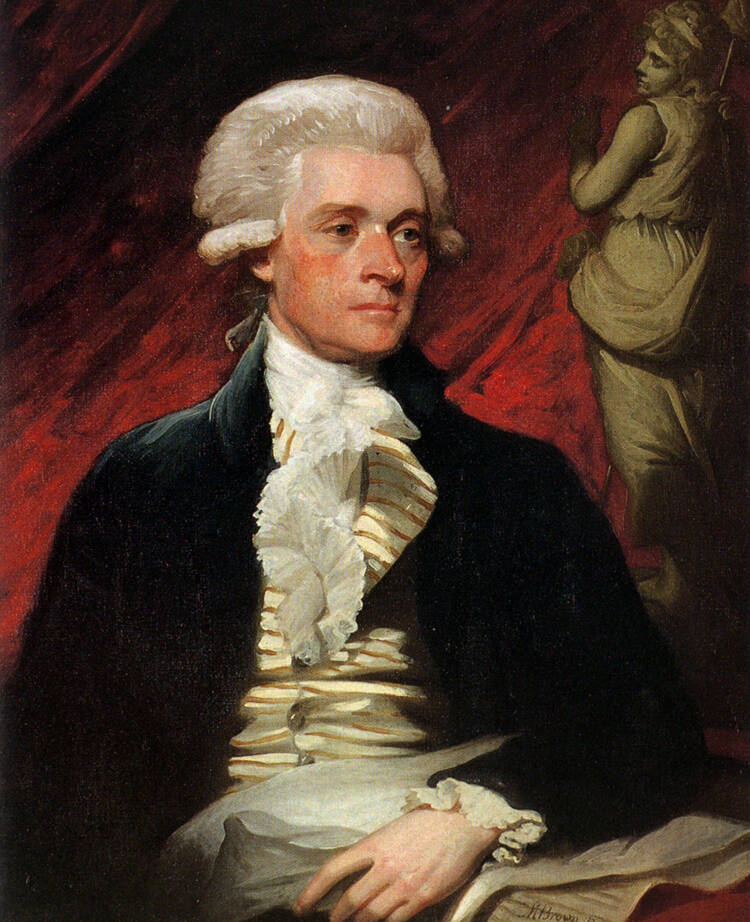
While doing so, Adler discreetly kept away from saber-rattling. Only when the book was released, everyone remembered him. The title of the poem left no room for doubt:
"The Life and Morality of Jesus of Nazareth / Excerpts from the Gospels in Greek, Latin, French and English / By Thomas Jefferson / With Introduction / by Cyrus Adler", wrote on the cover.
Disturbed by the inclusion of his name in the title of the book, Adler secured the fact that the next editions would end in "Introduction".
He was certainly proud of the work he had done to make Jefferson's Bible known, but he had experienced firsthand how badly the impact of publishing a controversial work could have on one's life.
And besides all the others, as he used to say, “I felt like names like him Jesus Christ's and Thomas Jefferson was enough for a good title "…
